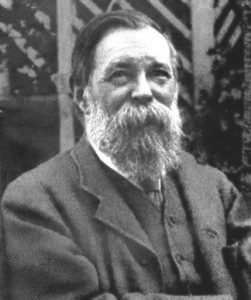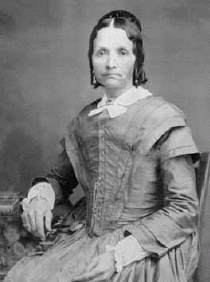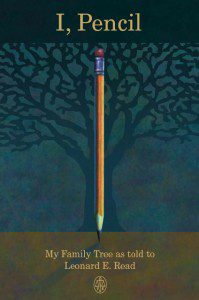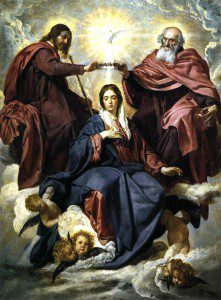After twenty-one years of marriage, my wife and I know each other pretty well. We are in that stage of our relationship where we often know what the other person is thinking in a conversation with a third party and can, at times, finish each other’s sentences. Often, we find ourselves exclaiming, “that’s exactly what I was thinking!” Yet, my wife still regularly surprises me with some unknown childhood anecdote or an opinion on a particular topic. To me, those... Read more
















